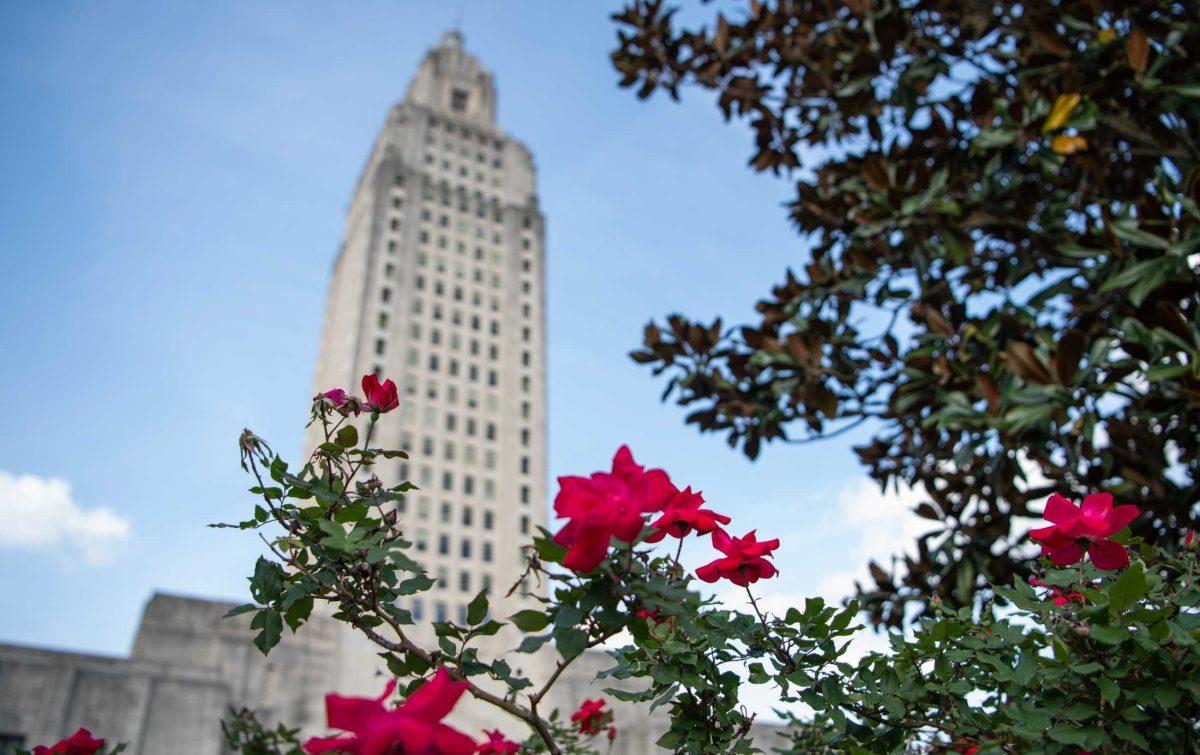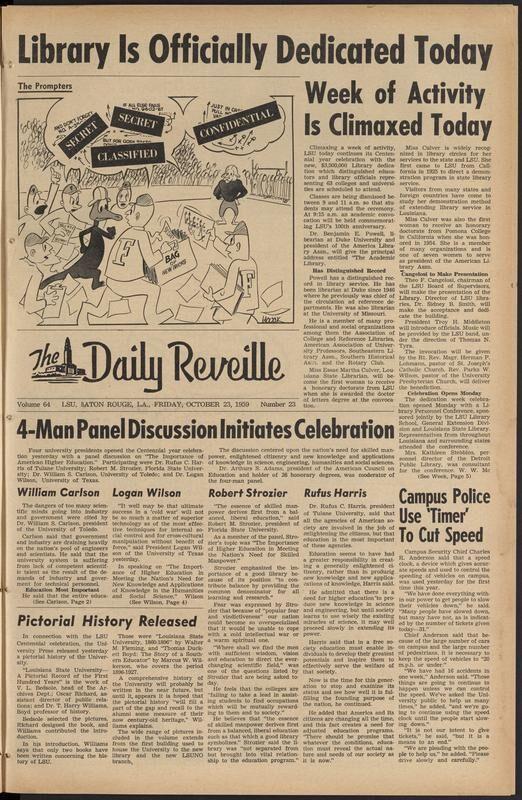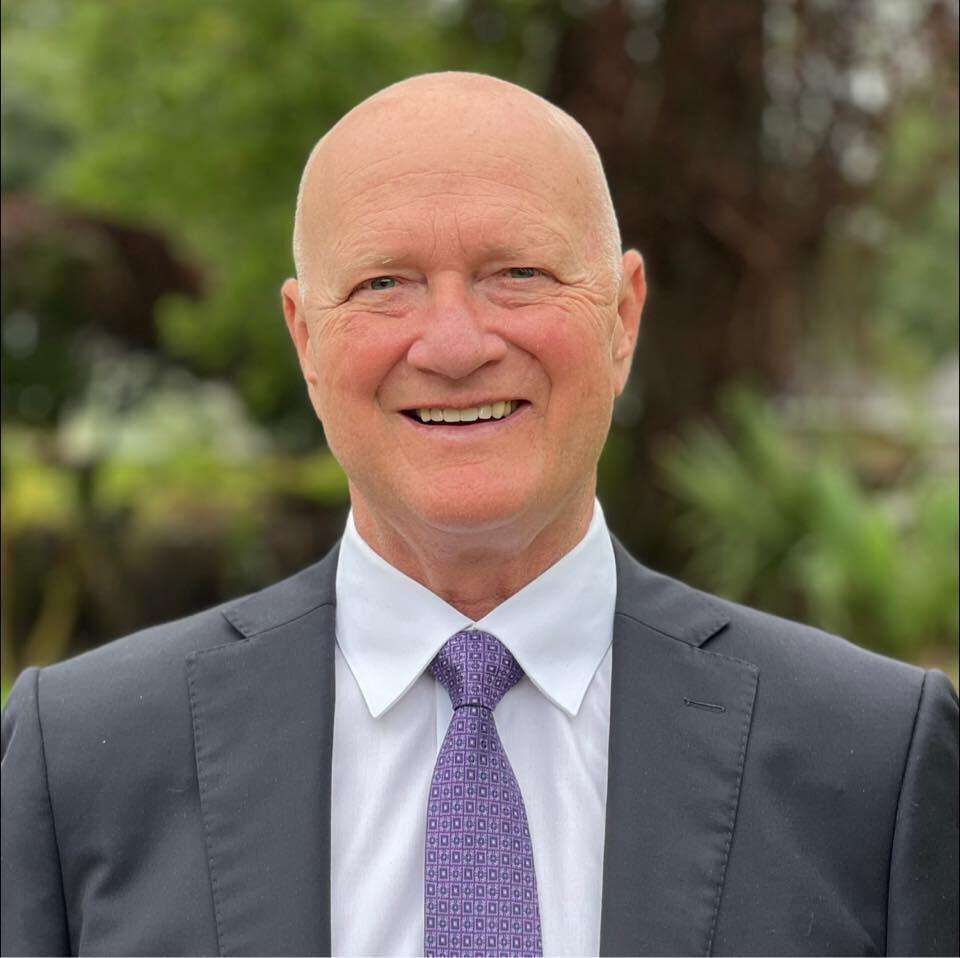In the spring of 2015, law students can receive more than a juris doctorate. They can obtain a Graduate Certificate in Energy Law and Policy.
The John P. Laborde Energy Law Center started its new energy law and policy graduate certificate program this semester.
The Energy Law Center, created in 2012, is the first center of its kind in Louisiana and one of few across the nation.
Jack Weiss, chancellor of the Paul M. Hebert Law Center, said the certificate program is a giant step forward for the Energy Law Center.
“The program, plus the fact that we’ve essentially expanded the number of courses we’re offering in energy law by, I would say, as much as five times in the last two or three years,” Weiss said. “Those are the most concrete, immediate signs that this program is up and running and growing for the benefit of students.”
The requirements for the Graduate Certificate in Energy Law and Policy include 18 credit hours related to energy law and policy, as well as a research paper and an applied learning experience, like an internship or externship in energy law.
The Laborde Energy Law Advisory Council has plans to create cross enrollment opportunities for students with courses at the University’s main campus, including courses in engineering, costal and environmental sciences, geology, business and nuclear sciences.
“One of the key goals of the progam is to allow law students to develop expertise in related non-law disciplines; engineering, science, economics, business and the like, to make them more valuable in the employment market and more successful over the long term in the energy sector,” Weiss said.
Weiss emphasized these courses would not only benefit energy law students but also graduate students in non-law disciplines.
“I believe really strongly that a student here in engineering is going to add very valuable insights to his engineering work if he or she can come over here and study energy law, or some of our environmental law in various courses that we offer here,” Weiss said.
Taylor Stewart, political science and history junior, said she thinks the program will benefit both students and the state.
“I know that there’s a focus in undergraduate programs on conservation not only on our coast but of resources,” Stewart said. “I think that since Louisiana is such a unique state based on their resources and energy that it would be a fascinating subject to study in law school because of the importance in Louisiana.”
The Energy Law Center also designed the “Geaux Too” program to allow energy law students to visit and learn about various energy facilities and companies around the state, such as nuclear energy facilities and oil and gas companies.
“We have a chance to get our students out there, to let them see major energy facilities in operation,” Weiss said. “And of course, when they visit they won’t just show up, they will have read materials in anticipation of the trip and they will be guided at the facility by someone who is an expert in what is taking place there.”
The Advisory Council is also discussing plans to develop an online post-J.D. or master’s program in energy law.
On Sept. 12, the Law Center announced an $800,000 gift from the J. Bennett Johnston Science Foundation, establishing the J. Bennett Johnston Energy Law Endowment Fund in honor of Senator Johnston. The fund will act as a “challenge fund” where the donor agrees to match gifts made by other private donors.
The challenge fund is a part of the Law Center’s $20 million Energy Law Center fundraising campaign, which has raised about $5 million in private support for the program.
Law school begins energy law certificate program
September 25, 2014

LSU Law School
More to Discover









